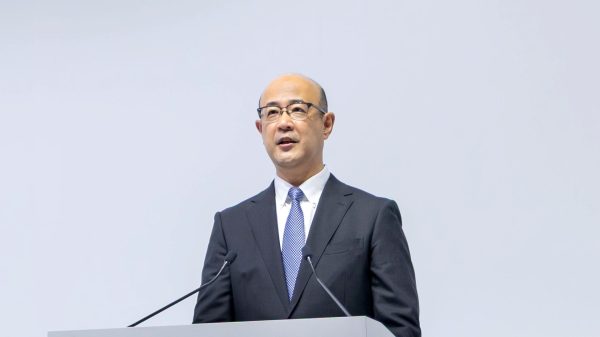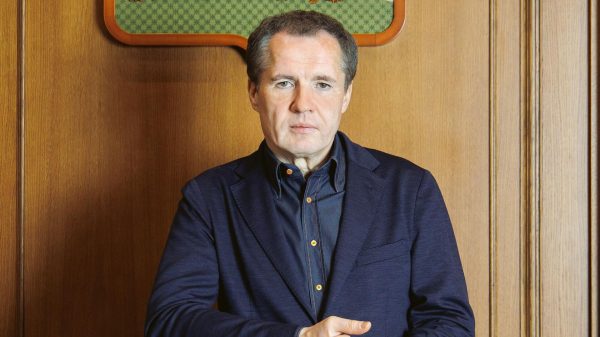The UK government is to take unprecedented action to force Northern Ireland to speed up abortion services, using parliament to give the secretary of state new powers amid concern many women are still being forced to seek help in England.
However, the news sparked an immediate response from the DUP which warned that it would “vigorously oppose” any further legislative action over abortion in the region.
New figures suggested that more than 100 women have still sought abortions in England from Northern Ireland, despite the risks of the pandemic, including those seeking later-term abortions for significant foetal complications or health risks.
The move follows a landmark legal action against the UK government and the Northern Ireland executive for the failure to commission safe and accessible services more than a year after abortion was made legal in the country.
The Guardian understands the Northern Ireland secretary, Brandon Lewis, will lay new regulations in parliament next week to let him direct the Northern Ireland Department of Health to commission more widespread abortion services.
A Whitehall source said there was frustration and disappointment at the failure of the Northern Ireland executive to act. “It has not commissioned abortion services consistent with the regulations originally set out by the UK government nearly a year ago,” the source said.
The source said Lewis was clear that the devolution settlement should not be a barrier, though the move is likely to spark accusations of overreach, as well as concern about the precedent.
In a public hint of frustration, Lewis tweeted last week that he would “welcome a renewed focus on the NI Executive securing the abortion services that women and girls are legally and morally entitled to. We should all take our obligations on this issue incredibly seriously – it is a human right to be able to access quality healthcare.”
However, the DUP’s Westminster leader, Sir Jeffrey Donaldson, warned that any move to legislate over the Stormont executive would “raise serious questions”.
Donaldson said he and the DUP leader, Arlene Foster, met Lewis over the matter on Thursday. “Abortion is a devolved matter,” he said. “Any move by a [Northern Ireland] minister to legislate over the head of the Northern Ireland executive would raise serious questions about when and in what areas the government can make interventions in a devolved administration.”
Donaldson said the new abortion laws were “foisted” on Northern Ireland during the collapse of the power-sharing institutions.
Abortion was legalised in Northern Ireland in October 2019 after a Westminster campaign led by the Labour MP Stella Creasy. MPs overwhelmingly passed an amendment made to an otherwise technical government bill connected to budgets and elections for the devolved assembly.
Before that vote, abortion was criminalised apart from in very limited circumstances but is now allowed up to 12 weeks, which is still more restrictive than in the rest of the UK. Later-term abortions are allowed when there are severe or fatal abnormalities or danger to the mother’s health.
Since the change came into force last March, trusts in Northern Ireland have begun some provision for early medical abortions, usually administered with two pills for pregnancies up to 10 weeks.
But sources said there was concern that access to abortion was still far more limited than the new regulations provide for. A source said they were “not enough to guarantee the rights of women and girls and not enough to meet the requirements”.
One of Northern Ireland’s five health trusts was left with no provision at all after a doctor went on maternity leave. Another ceased all services in October because of a lack of resources, though it resumed in January, and other trusts refused referrals.
The new regulations laid by parliament would impose a statutory duty on the Department of Health, and other relevant bodies, to ensure that full local access to abortions will be available.























































Свежие комментарии